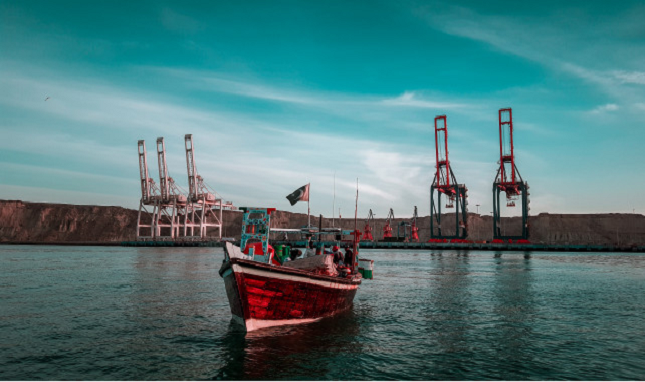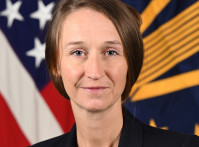-
The Top 5 Posts of February 2022
March 25, 2022 By Emily AllenSince signing on to China’s Belt and Road Initiative, Pakistan has furthered its government’s partnership with China through the China-Pakistan Economic Corridor. While both initiatives concern development investments in infrastructure, the agreements have raised concern in Pakistan. In February’s top post, Sheraz Aziz assesses the environmental impacts, like deforestation and pollution from coal plants, and economic impacts, such as those on Gwadar’s fishing industry, that are sparking opposition from Pakistanis.
In another post focused on Pakistan, Noman Ahed and Nazia Hussain’s case study in Karachi covers the everyday impacts of climate-related stress on water insecurity. In last month’s second top post, they explore the role of political and economic decisions at various governance levels that result in formal and informal groups controlling water access, namely in the “water mafia.”
With a focus on Africa, the third top post of the month, by Richard Cincotta and Stephen Smith, explores key findings of their demographic research on the Western Sahel. Without policy changes that support women and youth in the region, especially girls, “mutually reinforcing crises” could impact the region for the foreseeable future.
The final two posts of February concern climate change response. In their post, Romain Chuffart and Andreas Raspotnik explore how the Arctic can be impacted by the European Green Deal, pushing other Arctic actors towards similar policy implementation. Finally, Achref Chibani analyzes the role of internal rural to urban migration in Tunisia as an adaptation response to climate and environmental change.
- Reducing the Environmental and Social Costs of Chinese Investments in Pakistan, by Sheraz Aziz
- Water Mafia and Governance in Karachi, by Noman Ahmed & Nazia Hussain
- Youthful Demographic Conditions Could Push the Sahel to an “Afghanistan Moment,” by Richard Cincotta and Stephen Smith
- More EU in the Arctic and More Arctic in the EU?, by Romain Chuffart & Andreas Raspotnik
- Migrating to Adapt to Climate Change, Tunisians Lose Their Way of Life, by Achref Chibani
Image Credit: Fishing Boat at Gwadar Port in Balochistan, Pakistan, Aleem Zahed Khan/Shutterstock.com
Topics: What You Are Reading
 A Publication of the Stimson Center.
A Publication of the Stimson Center.








